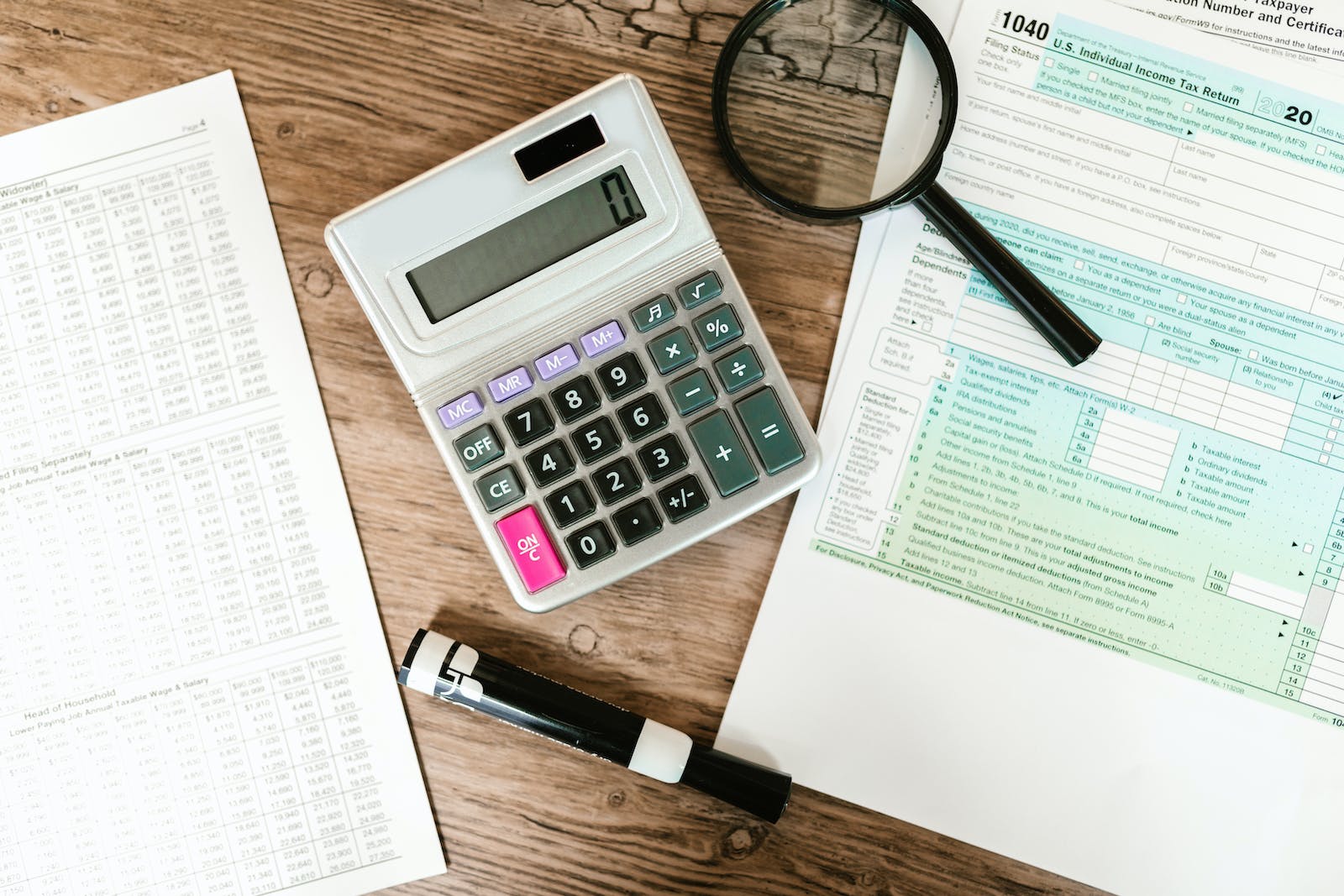[ad_1]
Understanding and calculating self-employment taxes is crucial for attaining monetary stability in freelance running a blog. As a self-employed blogger, it’s as much as you to pay self-employment taxes, often known as SECA taxes.
This text will information you thru calculating and managing your self-employment tax obligations. We’ll delve into the intricacies of self-employment taxes, differentiate them from revenue taxes and clarify the Self-Employment Contributions Act (SECA) tax.
By the top, you’ll have a strong understanding of decide your tax obligations, monitor and report revenue and make calculated funds to make sure you’re following IRS tax legal guidelines. You’ll empower your self with the data to navigate self-employment taxes as a contract blogger.
Understanding Self-Employment Taxes
Self-employment taxes are the taxes you pay in your internet earnings, and it’s essential to distinguish them from revenue taxes, as they’re separate tax obligations.Self-employment taxes are ruled by the Self-Employment Contributions Act (SECA) tax, which covers Social Safety and Medicare taxes.
An entire understanding of self-employment taxes might help you precisely assess your tax obligations and keep away from surprises.
Figuring out Your Self-Employment Tax Obligations
Managing taxes is not any small feat. With deadlines to maintain monitor of and IRS guidelines to comply with, it’s as much as you to handle every facet. A superb start line is ‘checking if self-employment taxes apply to you.
You’ll have to assess whether or not your running a blog actions fall throughout the IRS’ definition of self-employment. As soon as you identify this, you must calculate your internet earnings from self-employment, which considers your small business revenue and deductible bills. That is 15.3% of your adjusted gross revenue (AGI) and contains 12.4% Social Safety contributions and a couple of.9% Medicare contributions.
Understanding the self-employment tax fee can also be important, because it determines the proportion of your internet earnings allotted to taxes. By precisely figuring out your self-employment tax obligations, you possibly can successfully plan and price range on your tax funds all year long.
Monitoring and Reporting Earnings
For freelance bloggers, monitoring and reporting revenue is significant to managing self-employment taxes. It’s essential to have detailed data of all blogging-related revenue, together with consumer funds, affiliate marketing online, sponsored content material, and different sources.Sustaining organized data ensures accuracy when calculating your internet earnings from self-employment, immediately impacting your self-employment tax obligations.
Varied strategies can be found to trace and doc your funds, similar to utilizing accounting software program, spreadsheets or devoted on-line platforms. By diligently monitoring and reporting your revenue, you keep compliant with tax rules and achieve beneficial insights into your running a blog enterprise’s monetary efficiency.
Deductible Bills and Self-Employment Taxes
As a contract blogger, understanding deductible bills is significant to lowering your self-employment tax legal responsibility. Deductible bills are reputable enterprise prices that may be subtracted out of your running a blog revenue, decreasing taxable self-employment earnings. For instance, on a regular basis deductibles for bloggers might embody web site internet hosting charges, skilled growth programs, workplace provides, web bills, and advertising and marketing prices.
Figuring out the foundations and limitations surrounding deductible bills is essential, guaranteeing they’re mandatory and bizarre for your small business. Making the most of deductible bills can maximize your tax deductions and decrease your general self-employment tax burden. It’s endorsed to maintain thorough documentation and seek the advice of with a CPA for steerage on eligible deductions.

Calculating and Paying Self-Employment Taxes
Calculating and paying self-employment taxes is a elementary duty for freelance bloggers. To precisely calculate your self-employment taxes, you should full Schedule SE, which determines the quantity owed primarily based in your internet earnings from self-employment.
Figuring out the due dates for self-employment tax funds is crucial, as they usually coincide with quarterly estimated tax funds. If you’re unable to pay your taxes well timed, you possibly can find yourself incurring penalties and curiosity expenses. Fortuitously, varied cost choices can be found, together with on-line charges, digital funds withdrawal or mailing a test. You may preserve compliance and monetary stability as a self-employed blogger by staying organized, conserving monitor of cost due dates, and fulfilling your tax obligations promptly.
Self-Employment Tax Issues
On the subject of self-employment taxes, there are important concerns that freelance bloggers ought to concentrate on. The Tax Cuts and Jobs Act modified self-employment tax guidelines, and it’s essential to know the implications. Moreover, self-employed people might declare the Qualified Business Income Deduction, which might additional cut back their taxable revenue.
By staying knowledgeable about self-employment tax concerns, you possibly can optimize your tax technique and decrease your general tax burden as a contract blogger.
Suggestions for Minimizing Self-Employment Taxes
As a contract blogger, there are methods you possibly can make use of to reduce your self-employment taxes and retain extra of your hard-earned revenue. One sensible strategy is to scale back your taxable self-employment revenue by maximizing deductible bills.
Preserve detailed data and make the most of all eligible enterprise deductions. Take into consideration making contributions to retirement plans created particularly for unbiased contractors, like a solo 401(okay) or a Simplified Worker Pension (SEP) (okay). By doing this, you possibly can spend money on your future whereas additionally lowering your taxed revenue.
Conclusion
Navigating self-employment taxes is a vital facet of monetary administration for freelance bloggers. By understanding the intricacies of self-employment taxes, monitoring and reporting revenue precisely, figuring out deductible bills and calculating and paying taxes diligently, bloggers can guarantee compliance and decrease their tax burden.
It’s important to remain knowledgeable about self-employment tax concerns and discover methods to scale back taxable revenue. Consulting with a tax skilled is extremely advisable to maximise tax deductions and accessible advantages. By proactively managing self-employment taxes, freelance bloggers can obtain monetary stability and concentrate on rising their running a blog enterprise with confidence. You may all the time search for a wise tax instrument like FlyFin A.I. that routinely finds deductions for you.
A devoted Profession Coach, Agile Coach and authorized Senior Portfolio and Mission Administration Skilled and author holding a bachelor’s diploma in Structural Engineering and over 20 years {of professional} expertise in Skilled Growth / Profession Teaching, Portfolio/Program/Mission Administration, Building Administration, and Enterprise Growth. She is the Content material Supervisor of ProjectCubicle.
[ad_2]
Source link




